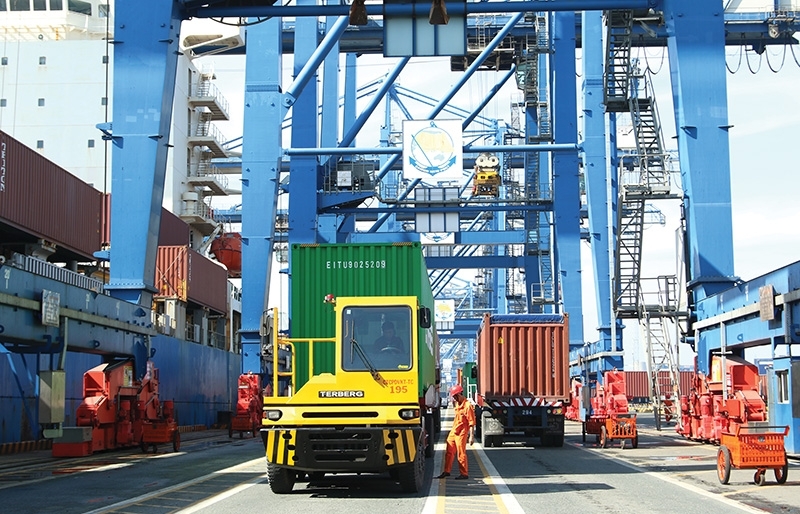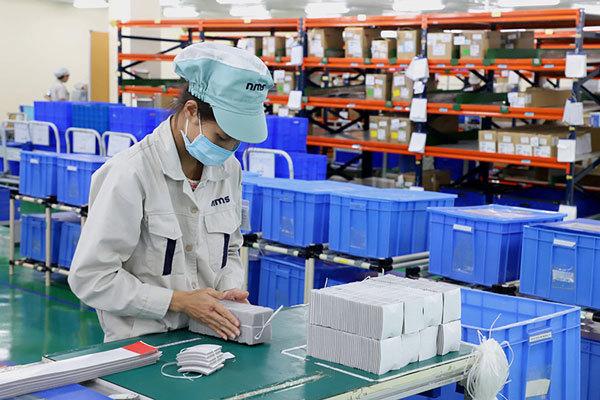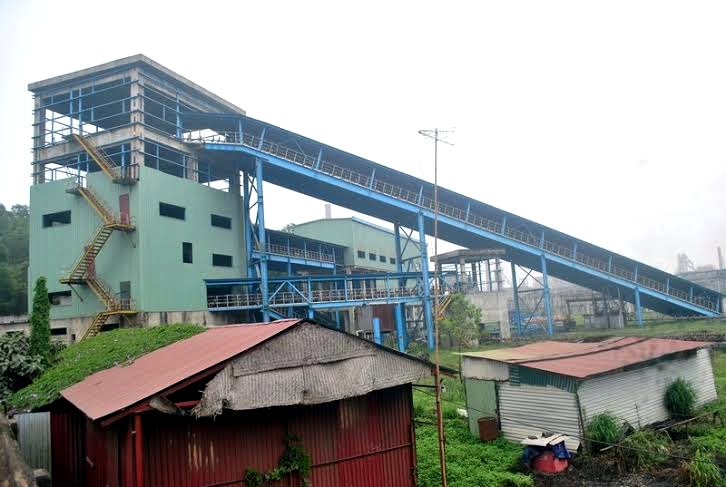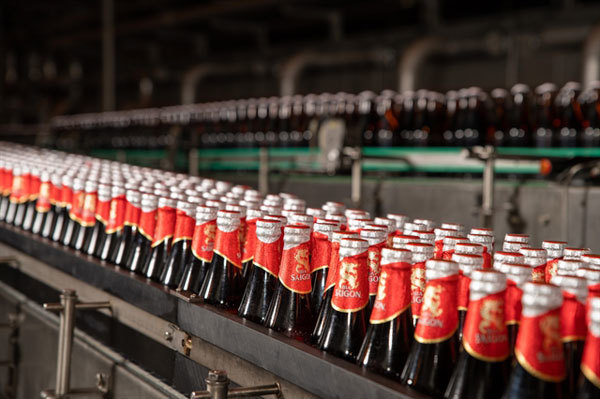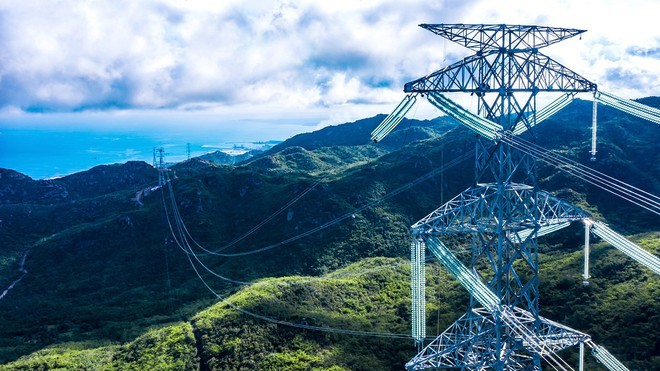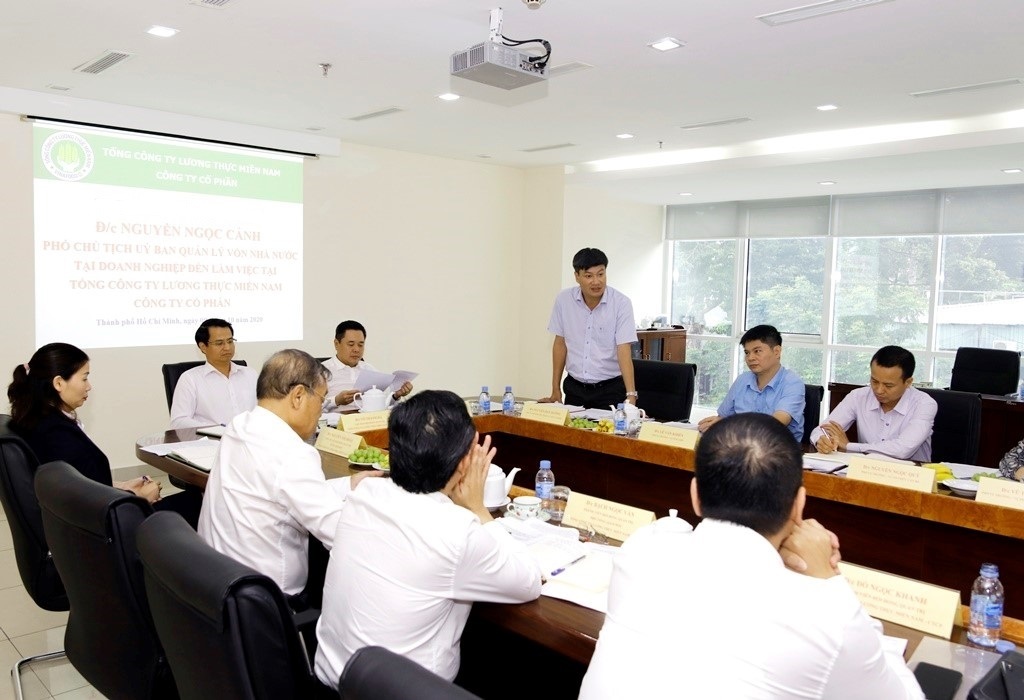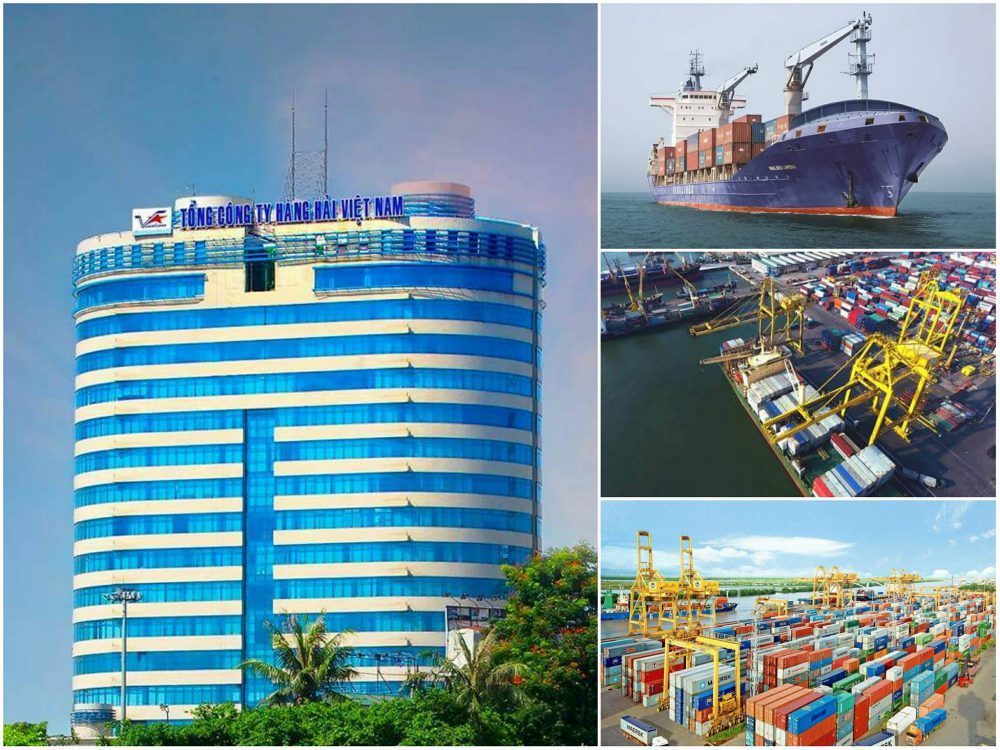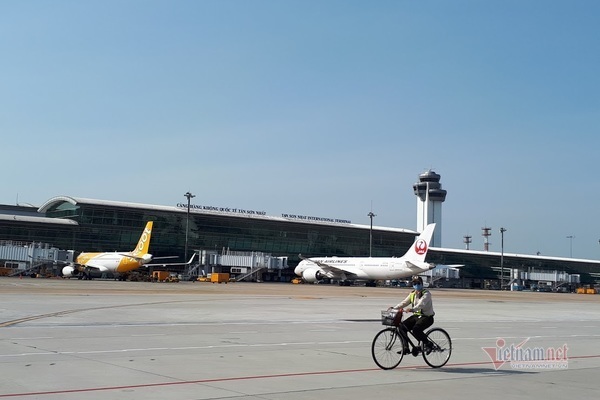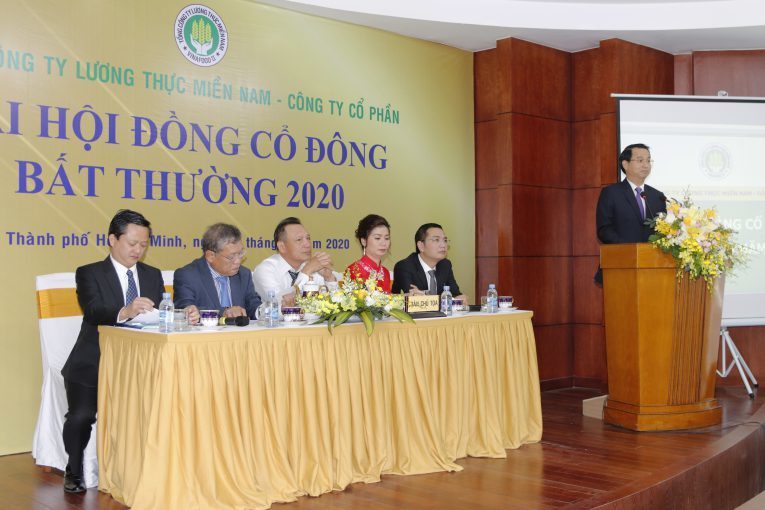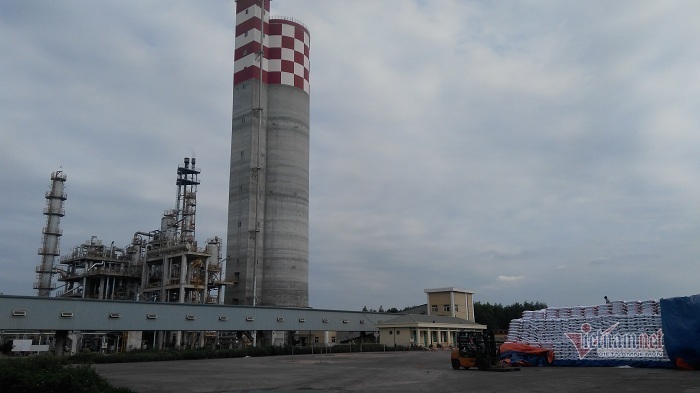- © Copyright of Vietnamnet Global.
- Tel: 024 3772 7988 Fax: (024) 37722734
- Email: evnn@vietnamnet.vn
SOEs
Update news SOEs
Plans afoot to aid fortunes of state-owned enterprises
Acall has been made for Vietnam to revise the regulations on the management and use of state capital in enterprises to create state-owned groups that can operate more effectively and contribute more to national economic development
Finance ministry turns to stock market for greater transparency in SOE equitization
This would be the first step for Vietnam’s state firms to list shares on international stock exchanges.
Capital market must work to invigorate SOEs
Developing the capital market will help in promoting State Owned Enterprises (SOEs) to mobilize capital and reduce the proportion of commercial credit loans, and diversify in forms of mobilization to supplement capital.
Ministry proposes special policies for large SOEs
The Ministry of Planning and Investment has proposed special policies for large State-owned enterprises (SOEs) to make them spearheads in key industries of the economy.
Three state-owned economic groups covered by pilot policies
The State plans to hold 100 percent of charter capital in only four holding companies: PetroVietnam, Electricity of Vietnam (EVN), State Capital Investment Corporation (SCIC) and Viettel.
Do the Vietnamese still have a chance?
If you want to get over the rapids, you must first get off the boat. Will the next decade reach the goal of industrialization without success?
One project fails, three CEOs prosecuted
The Thai Nguyen iron and steel project phase 2 has been left idle for many years, bringing about the dismissal and prosecution of high ranking managers of Tisco (Thai Nguyen Iron and Steel JSC) and VNSteel (Vietnam Steel Corporation).
No SOEs equitised in five months, Gov't's plan likely missed
The rate of equitised State-owned enterprises (SOEs) for the 2017-20 period has remained at 28 per cent for several months, the latest update from the Ministry of Finance shows.
Finance Ministry warns about trillion VND-losses after equitization
Many equitized enterprises have suffered big losses as state capital in these unprofitable enterprises is difficult to sell because of unreasonable pricing.
SOE equitization: investors attracted by ‘golden land’ holdings
Vu Dinh Anh, a respected economist, has pointed out that in many cases, investors decide to buy shares of equitized enterprises because the enterprises have many land plots in advantageous positions, or ‘golden land’.
When private businesses get stronger
The private sector is very active in key sectors of the economy. If there is a "push", they will become an important force with other economic sectors to take the country forward.
Super committee fails to report SOEs' performance on time
The Ministry of Finance (MoF) has said the supervision of financial results from State-owned enterprises (SOEs), carried out by the Committee for Management of State Capital at Enterprises, (or Super Committee) was “very slow”.
Innovation a must for SOEs
Innovation has become a pressing need for State-owned enterprises (SOEs) which have undergone drastic restructuring during the past decade but their operation efficiency remained lower than expected.
Vietnam gov’t warns of interest groups profiteering from SOE privatization
The government would continue to hold majority stakes at state-owned commercial banks, and maintain presence in companies operating in fields that are essential to the economy.
How can loss-making equitized enterprises be rescued?
Experts say these enterprises need an ‘exchange transfusion’, which means a basic change in corporate governance. If not, they will continue taking losses.
Government names SOEs incurring losses of trillions of VND
The government has sent a report to the National Assembly on investment of state capital in enterprises, and the use of the fund for enterprise support and development in 2019.
Many state-owned groups see big losses amid COVID-19 crisis
Many enterprises have reported big losses because of Covid-19, including large state-owned groups.
Post-equitization period: high hopes put on strategic investors
The equitization of state-owned enterprises must place more importance on the management experience of strategic investors.
SOE equitization: state takes loss, and investors lose money
Many state-owned enterprises (SOEs) have been equitized but have not seen considerable changes as the state's ownership ratio remains high. Many of them are still taking losses and struggling to survive.
12 loss-making mega-projects proceed slowly
The assets of the 12 loss-making mega-projects under the Ministry of Industry and Trade (MOIT) total VND59.1 trillion, while total accounts payable is VND63.3 trillion.
